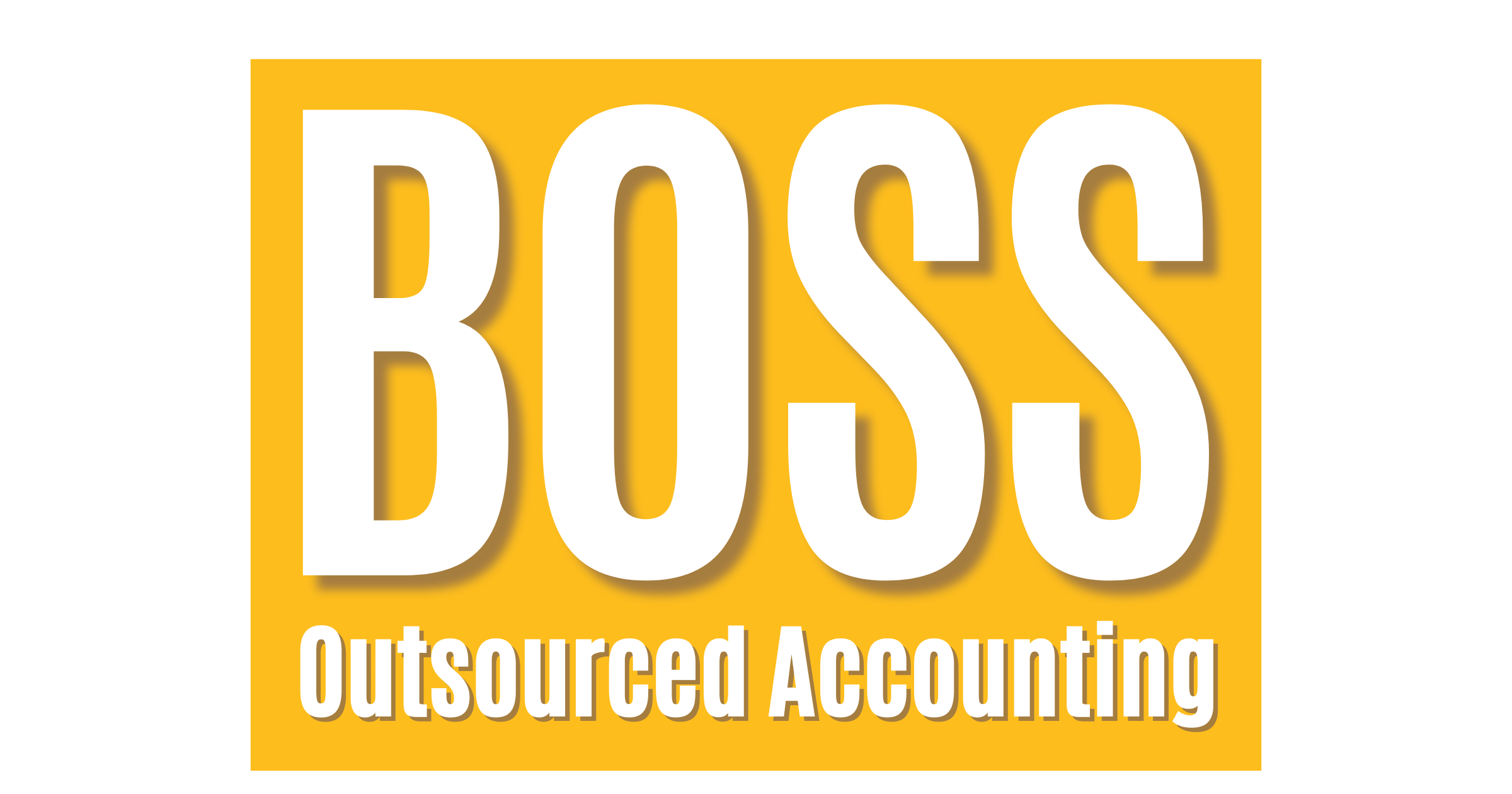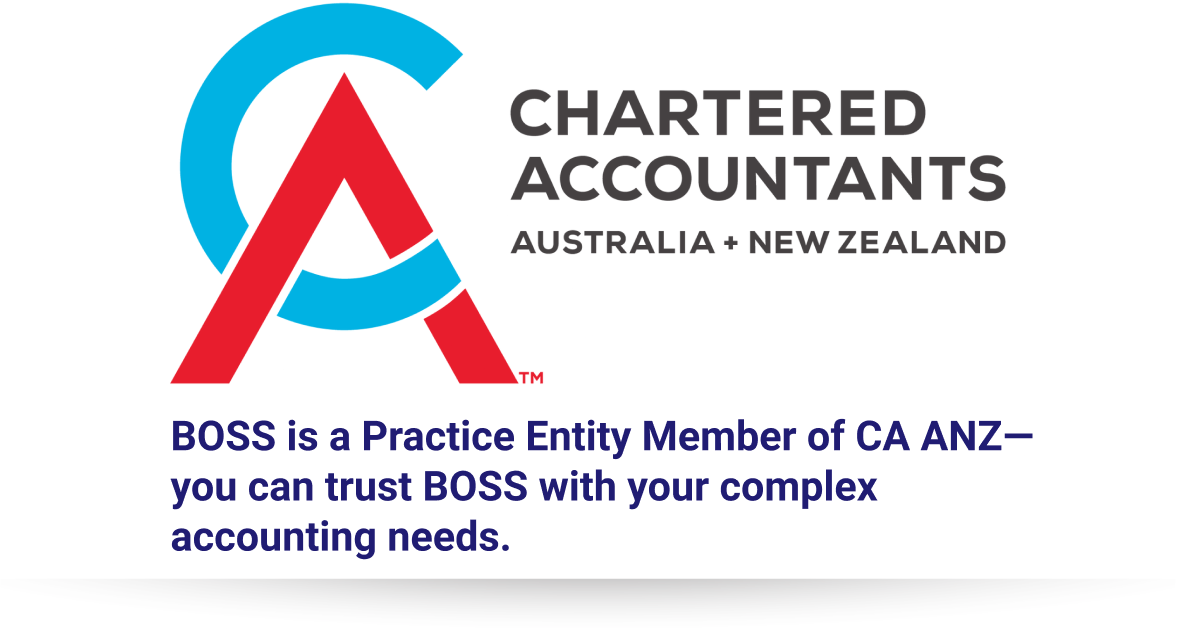The Australian digital economy has experienced rapid growth over recent years. The contribution of digital technologies to the Australian economy was $79 billion in 2013–14 compared with $50 billion in 2011, and is expected to continue growing in a globally-connected digital world. Digital disruption is dramatically changing industries and occupations across the economy.
– “Australia’s Digital Pulse” Deloitte Access Economics
In the realm of accounting, digital disruptions have emerged as an inevitable reality. It is likely that many of you have already encountered clients transitioning to do-it-yourself software tools or expressing heightened expectations regarding your professional relationships.
So how do we define this enhanced expectation – “more”? What value-added offerings can you present your clientele with, not merely to maintain their patronage, but indeed expand upon it?
Embrace the change
The necessity to evolve your technological capacity is evident. With the burgeoning influx of millennials joining the client market, there’s an inescapable scepticism towards firms not utilising cloud technology.
Those clients who have been nurtured by the digital era carry with them an unwavering expectation for transparency and trust. Cloud-based solutions provide clients unrivalled access to their files around-the-clock, enabling them to monitor work progression and actions undertaken on their behalf continuously. The notion of “You’ll see it when it’s done” thereby becomes obsolete in today’s digitised age.
Increase your prices by becoming a Financial Advisor (a.k.a. a CFO) with fixed price packages
Transitioning to an hourly billing structure promises to be significantly more complex. With the growth of readily available DIY software solutions, which allow clients to carry the work independently at no cost, maintaining a favourable position may prove challenging.
We propose the introduction of a stratified, fixed-rate service program. Each level integrates traditional accounting functions such as compliance and bookkeeping with an allocated number of consultation engagements each month. The structure is tiered in a way that allows higher levels to incorporate an increased volume of services and consultations, directly proportionate to the tier status.
Currently, your offerings extend beyond the provision of a mere accounting service. Rather, you are furnishing clients with comprehensive financial insights that serve as a robust foundation for their decision-making processes.
This proactive approach is an important selling point. As of 2014 72% of small business owners made a switch in their accounting process “at least in part because the firm only gave them reactive, rather than proactive service.”
When it comes to cloud-based services, speed is a big selling point
While do-it-yourself software tools are available, certain individuals opt to delegate their financial tasks due to the complexities associated with accounting. The deciding factor for securing such clients hinges largely on efficiency. Timely and expedited processing of their financial data is highly appealing, hence prioritising rapid turnovers can potentially provide a competitive edge.
Devoting substantial time to keyboard tasks can often become a burden. For those who seek to enhance their marketing speed, we impartially recommend bolstering your technological prowess through the strategic use of outsourcing services.
Up your face game
If your skills in persuading potential clients about the benefit of your financial advisory expertise are not yielding desired results, it may be fortuitous to consider one of the following strategies. Firstly, enrollment in professional marketing courses could enhance your client acquisition approach. Alternatively, incorporating marketing experience into your hiring criteria – irrespective of a steadfast focus on recruiting accountants – may serve as an effective solution for boosting client engagement and ultimately improve their financial situation.
This need to hire accountants with a wider range of skills is being seen as an industry-wide trend. Last year the average starting hire salary was up by 4.7% on average, and in 2017 it’s sitting at around 3.7%. because of the extra demands placed on those new hires.
If you wish to maintain the satisfaction and motivation of your existing team, it would be beneficial to explore training and development opportunities. This will help ensure their aspirations remain aligned with the growth and success of your organisation instead of being tempted by potential prospects offered by competitors.
Offer a greater menu
The challenge at hand – Your expertise primarily lies in tax compliance accounting, and your engagement with payroll-related matters has been rather limited since your educational years. How can you seamlessly incorporate this line of service into your portfolio without any missteps?
Outsourcing offers an invaluable solution in this context. This approach will allow you to significantly expand the range of services you provide, with your international team members conducting critical data analysis both proficiently and efficiently. You are tasked with accumulating required information, transferring it to your virtual accounting team, receiving their computed outcomes, and subsequently conducting a stringent quality assurance evaluation on the said results.
This certainly does not negate the need for you to thoroughly understand bookkeeping or payroll; rather, it provides an opportunity for you to recalibrate and carefully reacquaint yourself with pertinent rules and regulations.
If you can’t figure out what value you’re adding, then neither can your clients
The advent of the cloud era presents a fortuitous opportunity for your organisation’s growth and development. With the reduced necessity for manual data processing, it permits you to allocate more time towards transitioning your clientele from mere compliance into pioneering, business-expansion strategies.


